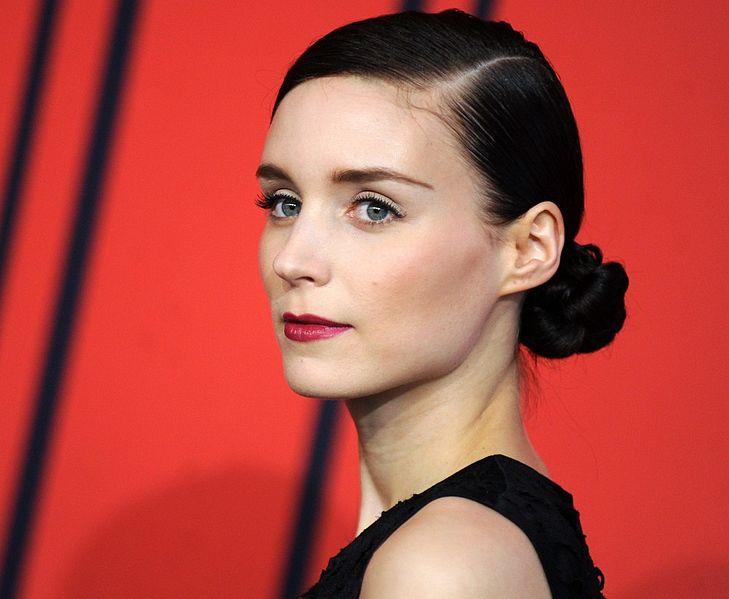You would think by 2016, whitewashing wouldn’t still be a common issue, but you would also think America would not elect a president who ran on a campaign of racism, misogyny and xenophobia.
Whitewashing is when directors and casting crews opt for white, usually big-name actors to fill roles that were clearly meant for people of color.
Don’t believe this happens? In “The Hunger Games” novels, Katniss Everdeen was described as having dark, olive skin and grey eyes, yet in the movies she was played by blonde-haired blue-eyed Jennifer Lawrence.
Sure, Jennifer Lawrence is a good actor, and it was a smart choice by casting directors as her uptick in fame helped the series in a way few other actors could.
Movie studios are scared of a loss in profits, I get it. Arguably, though, more black, latino and Asian moviegoers would come out to see themselves accurately represented.
This is one reason the “Fast and Furious” series was so strangely successful. The series has a multicultural cast and represents the melting pot nature of the modern world.
Unfortunately, studios cannot get this in their mind. Hollywood has not changed much from “Breakfast at Tiffany’s” having a white actor play a racist caricature of an Asian man for the character Mr. Yunioshi in 1961 to the #OscarsSoWhite of today.
If the Katniss Everdeen example wasn’t enough, here are some more:
“Pan” in 2015 featured super white, super hipster Rooney Mara to play Tiger Lily, the Native American princess.
“Exodus: Gods and Kings,” directed by Ridley Scott, literally filled an entire Egyptian cast with white dudes in 2014 because Scott said, “I can’t mount a film of this budget, and say that my lead actor is Mohammad so-and-so.”
“Aloha,” directed by Cameron Crowe in 2015, received sharp backlash for casting Emma Stone as a Hawaiian-Chinese woman. Stone claimed to have been ignorant to the problem of whitewashing before this but did state that the controversy around her character “opened her eyes” in an interview.
It seems unimaginable that people, specifically actors, would be naive to the whitewashing problem in Hollywood, but it makes sense when you realize the world’s majority is Hollywood’s minority. If this problem can ever systematically change, then movies will finally be able to reach a new level of global appeal.
Ryan Thaxton is a 20-year-old mass communication major sophomore from Monroe, Louisiana.
Opinion: Hollywood whitewashing demands systemic change
By Ryan Thaxton
November 20, 2016
Actress Rooney Mara faced controversy after being cast as the Native American character “Tiger Lily” in the 2015 movie “Pan.”





